Did you have a bad experience with a helper (a needy martyr) that left you judging other helpers unfairly?
As leaders, it's crucial to recognize that our experiences are just one part of a much larger picture. Failing to differentiate our personal experiences from those we lead can lead to misjudgments and, worse, demotivation. Instead of uncovering the seeds of passion and productivity, we might inadvertently squash them.
🐲🐲 Here I describe 20 pairs who, despite looking the same on the surface, have vastly different needs and motivations underneath. Understanding these subtleties can transform how we interact, inspire, and lead.
Dual Natures: 20 Pairs, 20 Unique Motivations
1. Social Butterflies: One dragon seeks connection, the other, influence.
2. High Achievers: Personal fulfillment vs. external validation.
3. Organizers: Control and predictability vs. avoiding criticism.
4. Adventurers: Exploration vs. escaping discomfort.
5. Caregivers: Empathy-driven vs. feeling needed.
6. Leaders: Inspiration vs. gaining control.
7. Perfectionists: Striving for excellence vs. avoiding criticism.
8. Problem Solvers: Understanding vs. demonstrating intelligence.
9. Innovators: Passion for creativity vs. disrupting the status quo.
10. Peacemakers: Creating harmony vs. maintaining control.
11. Athletes: Challenging oneself vs. gaining recognition.
12. Scholars: Intellectual curiosity vs. achieving high grades.
13. Entertainers: Bringing joy vs. seeking applause.
14. Travelers: Experiencing cultures vs. escaping routine.
15. Helpers: Compassion vs. feeling indispensable.
16. Strategists: Long-term goals vs. outmaneuvering others.
17. Creative Minds: Expressing emotions vs. gaining praise.
18. Rebels: Challenging injustice vs. resisting authority.
19. Spiritual Seekers: Finding inner peace vs. gaining moral superiority.
20. Networkers: Building relationships vs. strategic advantages.
Understanding these dynamics can help us become more empathetic and effective leaders. By recognizing and addressing the unique needs and motivations of those we lead, we can cultivate an environment where passion and productivity flourish.
Click through the carousel to explore each pair in detail and discover how recognizing these differences can transform your leadership approach.









































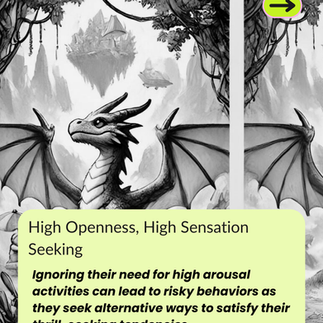























































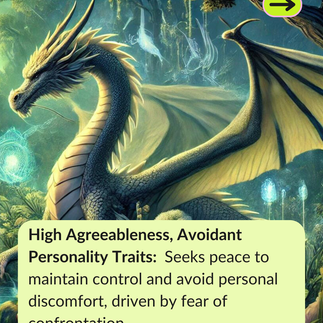





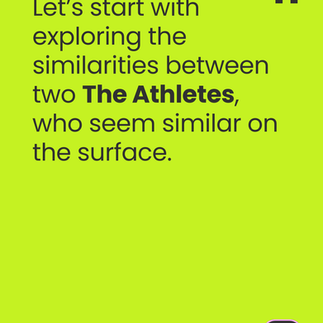









































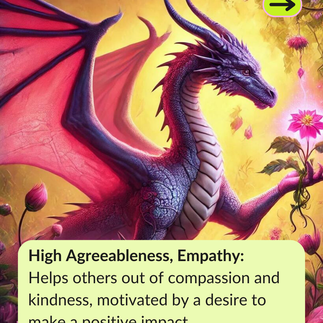























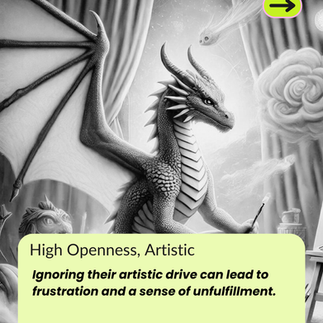













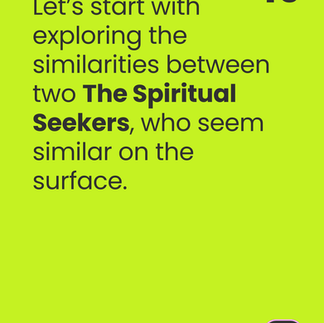

















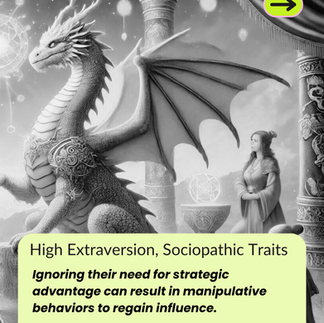



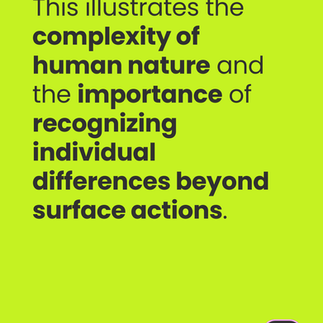




Comments